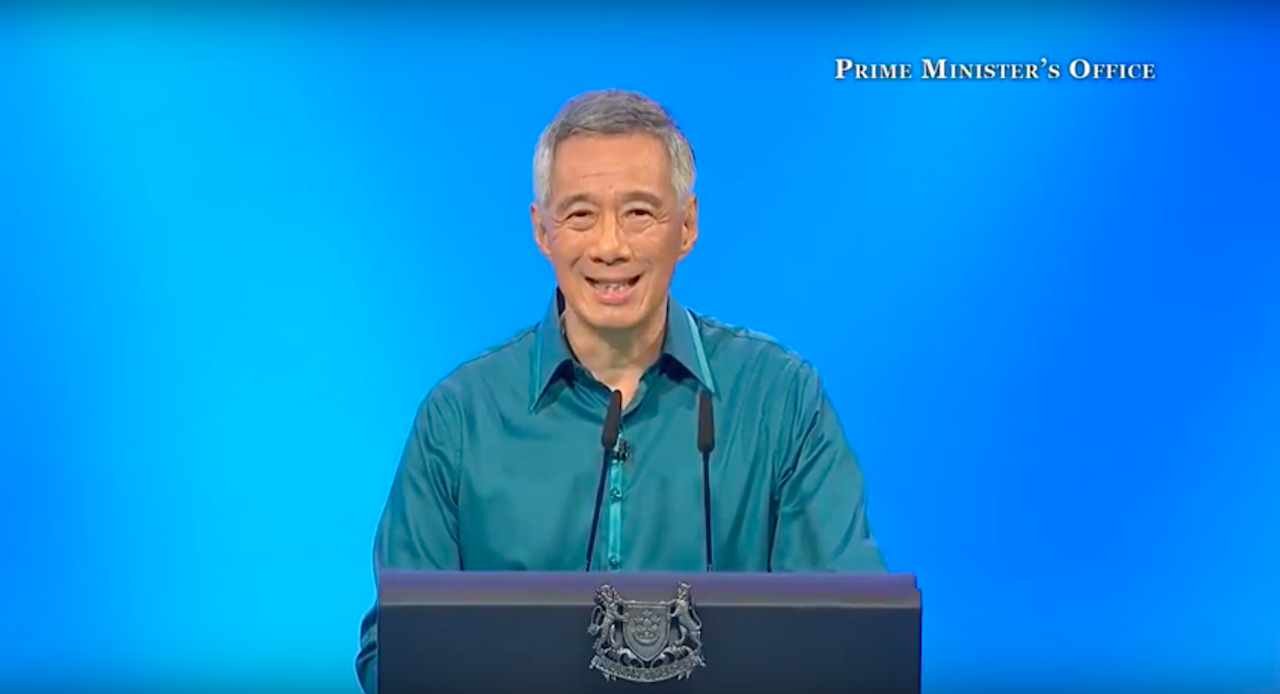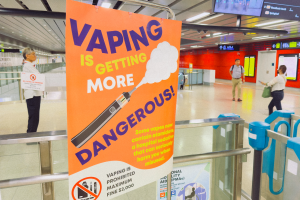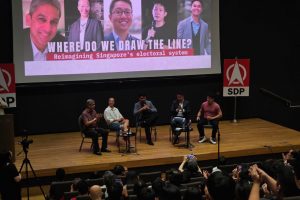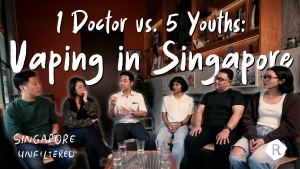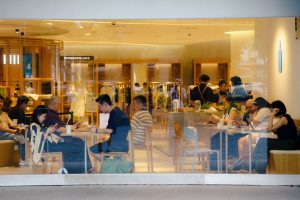It is that time of year again when promises are made.
Nah, it’s not the General Elections (yet). The National Day Rally (NDR) is an annual event for Prime Minister Lee Hsien Loong to address pertinent issues that will form the core of the next phase in the nation’s narrative. Even if you proudly consider yourself part of the 30%, being informed on the policies and plans that will affect your life is only wise.
This year’s NDR focused on housing, hawker food culture, and healthcare—all entirely integral parts of what makes us Singaporean.
Yet there were a few more points we wish the NDR had covered as well.
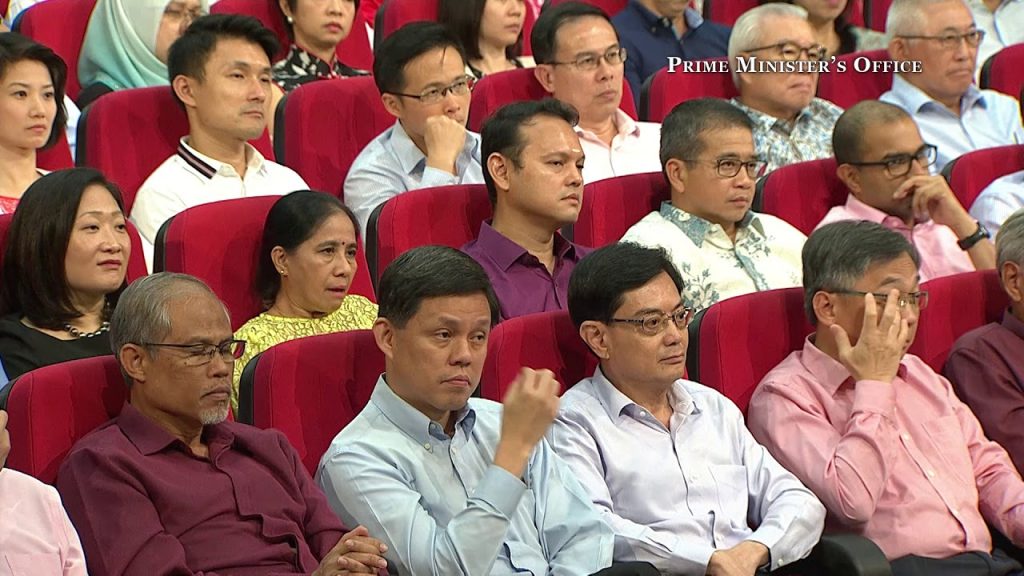
Specifically, ministerial salaries. While the widening income gap between the nation’s richest and poorest is a frequent gripe among Singaporeans, ministerial salaries feel particularly pertinent now, thanks to the spotlight on the broader issue of social inequality.
We are all for paying our top civil servants competitive salaries, and we do think that they should be allowed to spend their salaries however they wish. What’s grating, however, is the shoddy justification that we need these salaries in order to retain or attract top performers.
The argument isn’t just an insult to civil servants currently in office who might not serve for their pockets, but from their hearts. The rhetoric also reinforces the old school mindset prevalent in the government that we can peg monetary value and status to one’s intrinsic worth. Ironically, this reductive reasoning is precisely what may drive competent folk away from public service.
2. Public transport
No national conversation can avoid our buses and MRT. Public transport is one of those aspects of our lives that we don’t think much about, until it stops working the way it should. But even if you are angry with the transport authorities, many of us still get up the next morning to take the bus or train.
The thing is, no one really cares if privatisation is the best move for SMRT, how much our transport minister is being paid, or what goes on in SMRT’s hiring practices. We are fundamentally annoyed because we are unable to get peace of mind on our journeys, which should be a respite from life itself, not an added frustration.
Perhaps the most effective solution to an actual first-world public transport system is to cultivate a culture where rail engineering is regarded as an enviable and noble career option, then to supplement this with rigorous, first-class curriculum support in schools.
3. Sustainable living
Sure, we’ve started our war against plastic by replacing plastic straws with metal ones, encouraging shoppers to bring their own bags to the supermarket, and even charging for plastic bags. Unfortunately, these solutions don’t address the cause of our lackadaisical attitude towards the environment, merely the symptoms.
Few Singaporeans give a shit about the environment because we don’t truly understand its impact on our lives. The key to getting people to buy into sustainable living is to realise that protecting the earth is basically about protecting ourselves. By caring for the environment we live in, we are investing in our own future.
Ultimately, we must realise that sustainable living shouldn’t be something we go out of our way to achieve, but an intuitive habit that we already possess the mindset to master.
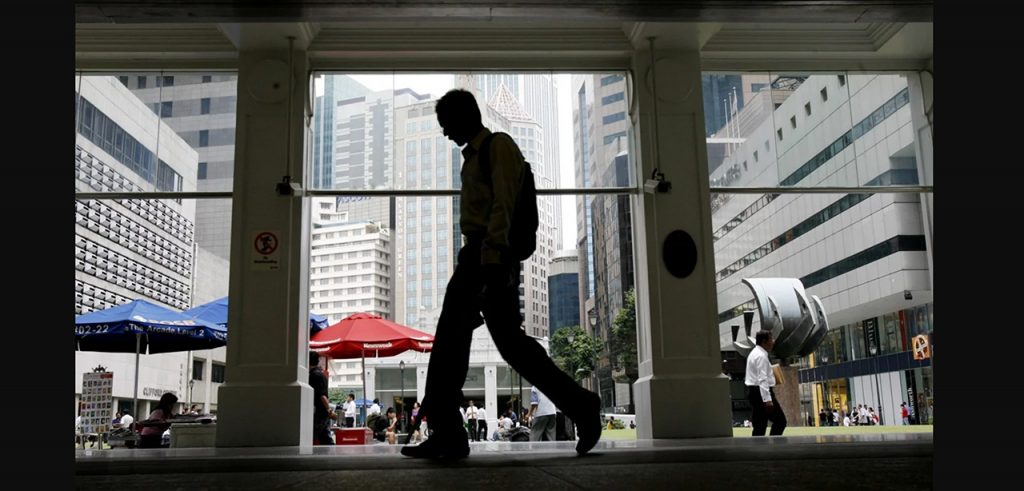
Let’s stop burying our head in the sand: we can’t talk about public health without addressing one of the biggest deterrents. That said, it’s also naive to think we must ban smoking entirely.
As with all habits, weaning off conventional cigarettes altogether starts with small, realistic steps. From the perspective of public health, the most crucial thing is that smokers have more manageable alternatives to going cold turkey when trying to quit smoking. In fact, doing so might make them try harder and even succeed at quitting.
In this case, research has shown that e-cigarettes are approximately 95% less harmful than conventional cigarettes. Medically prescribed e-cigarettes are even used as a tool to stop smoking in the United Kingdom.
Instead, our ban on e-cigarettes goes against the very essence of public health that we claim to prioritise. This measure also highlights the moral policing underlying several policies, and reinforces that the authorities have little interest in understanding what drives human behaviour, if it doesn’t align with conservative values.
Sadly, an ivory tower often prevents policy makers from appreciating irony.
5. Public communication
If a message isn’t understood by its intended recipient, communication fails. Public communication often assumes this solely means ‘dumbing down’ complex policies for the masses—and that’s where the biggest blind spot lies.
Even though using succinct language to relate to the average Singaporean is certainly helpful, effective public communication is essentially about empathy. In order to better communicate why policies exist at all, we have to understand the people affected by these policies. We must recognise how they live their lives, why they make certain decisions, and what is important to them.
It shouldn’t be a radical revelation that people only listen if they’re heard.

